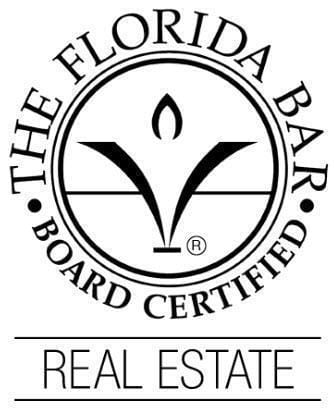Commercial tenants often have different responsibilities than residential tenants. For someone in a residential space, they may only owe the monthly rent payments. In some cases, they’ll also have to cover utilities and things of this nature.
But with commercial spaces, there can be many more costs and payment obligations. It’s very important for both sides to understand the specifics of the lease and the type of lease that it is. Below are a few examples of how this can be set up.
A single-net lease
First and foremost, the property owner could create a single-net lease. With this type of lease, the tenant has to pay the rent and the property taxes.
A double net-lease
Another option is known as a double-net lease. This also requires the tenant to pay the rent and the property taxes, but it adds on property insurance, as well.
A triple-net lease
Finally, there are triple-net leases, which start with the obligations noted above. But the tenant also has to pay for things like real estate taxes, property or building insurance, utilities and the cost of maintenance.
Why different leases are used
Different types of leases are often used in commercial properties because these are long-term agreements. Additionally, many commercial tenants want to alter the space so that it works for their business, and these may be substantial alterations. The lease shows that it is the tenant who is paying, rather than the property owner.
No matter what type of lease is in use, though, the key is for all involved to understand their legal obligations and the steps they need to take to come to such a binding agreement.




